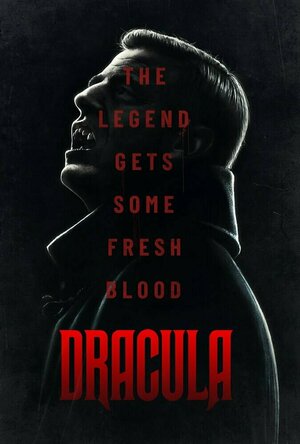
Times of Kingdoms
Games
App
App Description Time of Kingdoms is a fast-paced collectible RPG, Strategy and Party Management game...
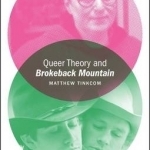
Queer Theory and Brokeback Mountain
Book
Queer Theory and Brokeback Mountain examines queer theory as it has emerged in the past three...

The Initiate
Book
A thrilling tale of altruism, greed, and the search for a way to belong. When a British couple are...

Water Dynamics in Plant Production
Wilfried Ehlers and Michael Goss
Book
Water is the most basic essential for plant growth; an inadequate supply causes severe problems, as...
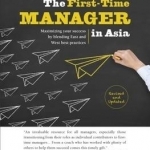
The First-Time Manager in Asia: Maximizing Your Success by Blending East and West Best Practices
Book
Becoming a first-time manager is one of the most challenging experiences in a person's career. It is...
Utopias and the Environment
Book
Utopias and the Environment explores the way in which the kind of 'dreaming', or re-visioning, known...
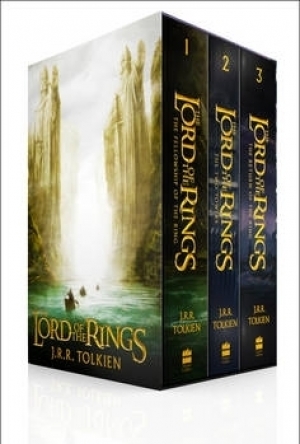
The Lord of the Rings
Book
Continuing the story begun in The Hobbit, this three-volume paperback boxed set of Tolkien's epic...
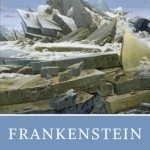
Frankenstein: The 1818 Text, Contexts, Criticism
Mary Shelley and J. Paul Hunter
Book
Almost two centuries after its publication, Frankenstein remains an indisputably classic text and...
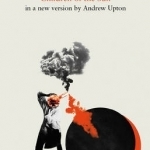
Children of the Sun
Book
I didn't read your books. I licked them, I rubbed them all over my naked body and licked them....
The DVD presents the episodes as three feature length chapters, as opposed to the six episodes as shown on the BBC.
The look of it all is superlative for the budget, and I would praise the production design, music and visual style above anything else. Claes Bang as Dracula is a revelation, at once funny and terrifying in just the right balance.
However, the adaptation, and attempt to update the story somewhat, doesn't always work. It begins very well indeed, the first hour being far more moody and of a high quality than I had expected. And then slowly, as it strays from the classic elements of the story into camp and unnecessary modernity it loses its bite!
The quality curve goes completely the wrong way, with all the best bits up front and the worst bits at the climax. Close, but nothing more than a disposable curiosity in the end.
Regardless, many thanks to Smashbomb for the giveaway! Appreciate it!

